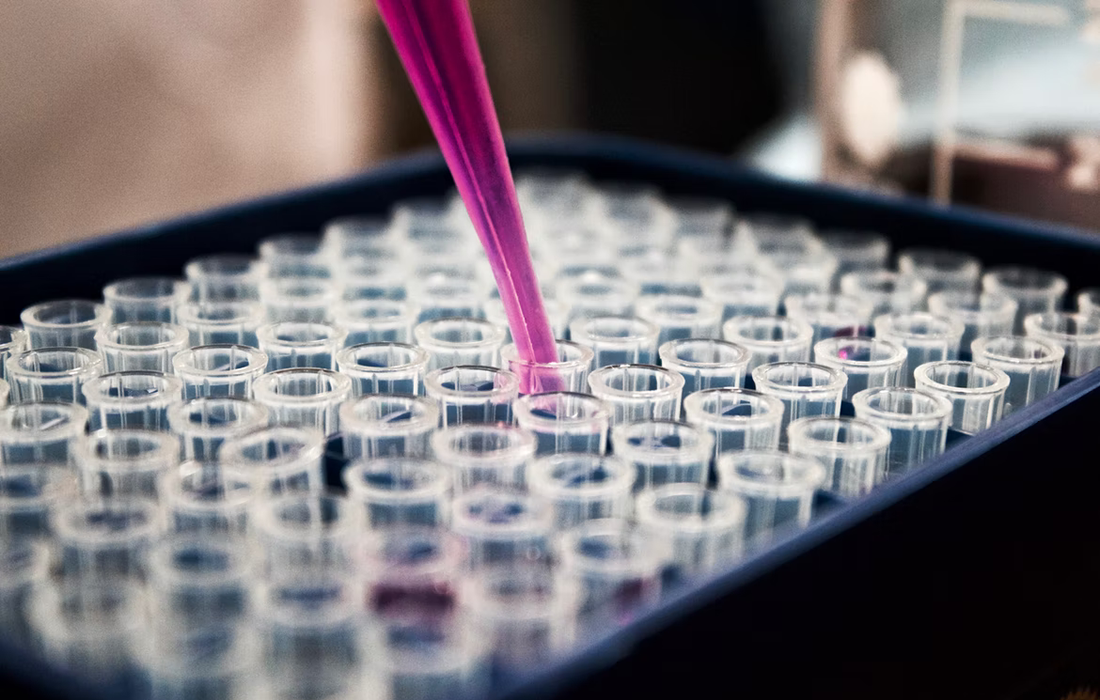Stem Cell Therapy for Specific Conditions
Umbilical Cord Tissue Cryopreservation
Mesenchymal stem cells (MSCs) differentiate into different cell types and have immunomodulatory and paracrine effects. These cells can be obtained from different adult tissues, including umbilical cord, which is an excellent source of MSCs.
This tissue can be obtained during vaginal or cesarean delivery without any risk for neither the baby nor the mother.
There are several protocols for cryopreservation of MSC, however, only a few protocols cryopreserve umbilical cord tissue instead of single-cell suspensions, and considering that banking early passage MSC is essential for long-term storage and future expansions, the possibility of banking unexpanded umbilical cord tissue has great potential.
Cryopreservation
Cryopreservation is the use of very low temperatures to preserve structurally intact living cells and tissues. Unprotected freezing is normally lethal for living tissues.
In a study published in the journal Molecular Biology reports, researchers evaluated a protocol for cryopreservation of umbilical cord tissue sectioned into small fragments called explants to develop a cost-effective protocol with minimal manipulation that allows keeping maximum tissue potential.
The study included a total of 723 samples that were cryopreserved, thawed and cultured to obtain primary cultures of MSCs. All cultures reach confluence with a media of 22.57 days and 97% in 28 or fewer days.
Eight samples were subcultured 4 or 5 times and differentiated to chondrocytes and osteocytes to test differentiation potential with positive results. The cryopreserved tissue samples had viable cells that can be explanted without losing their differentiation potential.
The results showed that umbilical cord tissue can be cryopreserved without losing its differentiation potential. Also, the 97% confluence at 28 days indicates that most cells survive the cryopreservation.
Source:
Raffo, D., Maglioco, A., & Fernandez Sasso, D. (2021). A protocol for umbilical cord tissue cryopreservation as a source of mesenchymal stem cells. Molecular Biology Reports, 48(2), 1559–1565. doi:10.1007/s11033-020-06079-x
Pegg D.E. (2007) Principles of Cryopreservation. In: Day J.G., Stacey G.N. (eds) Cryopreservation and Freeze-Drying Protocols. Methods in Molecular Biology™, vol 368. Humana Press. https://doi.org/10.1007/978-1-59745-362-2_3
Image from:
Photo by Louis Reed on Unsplash

